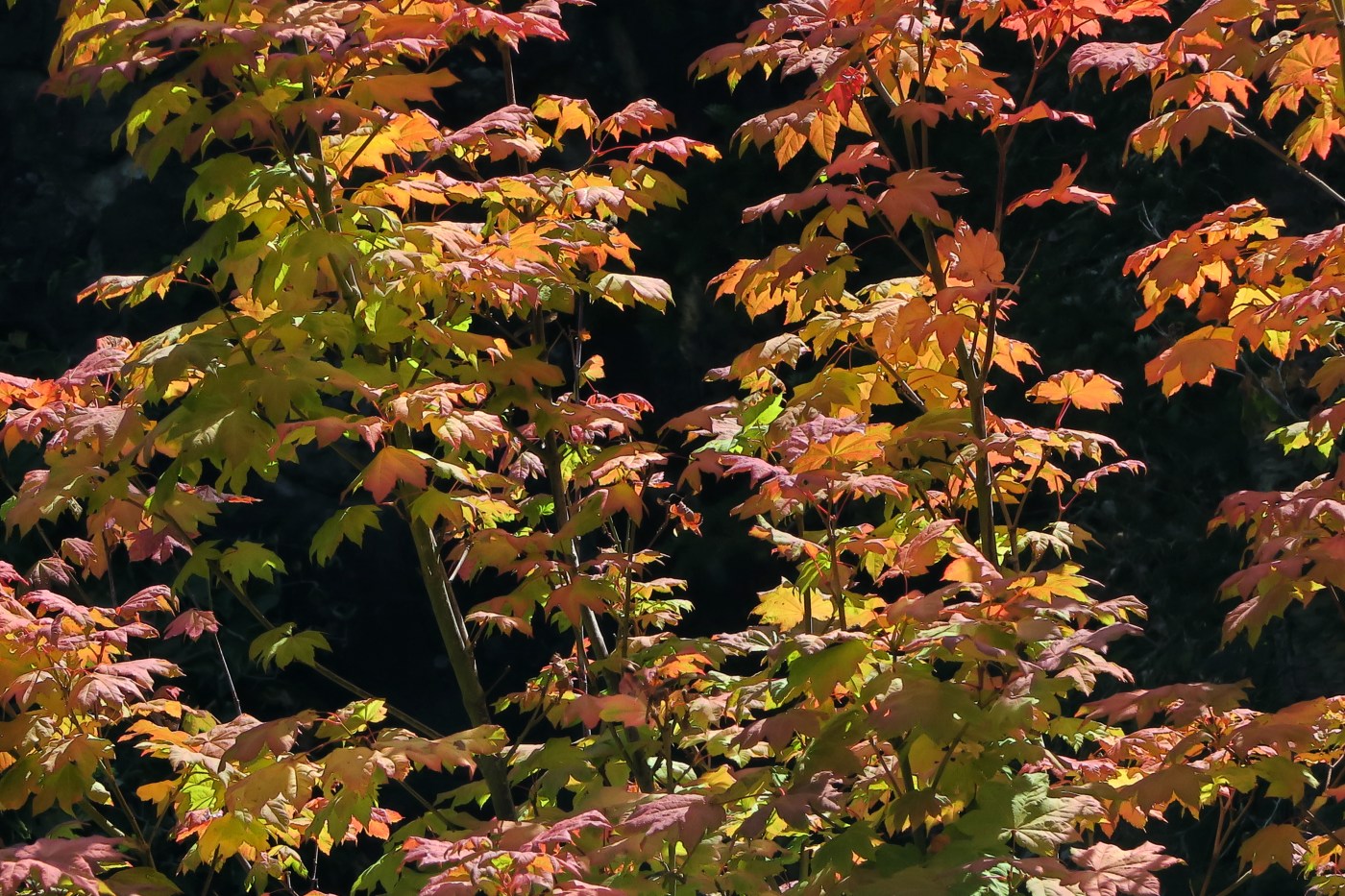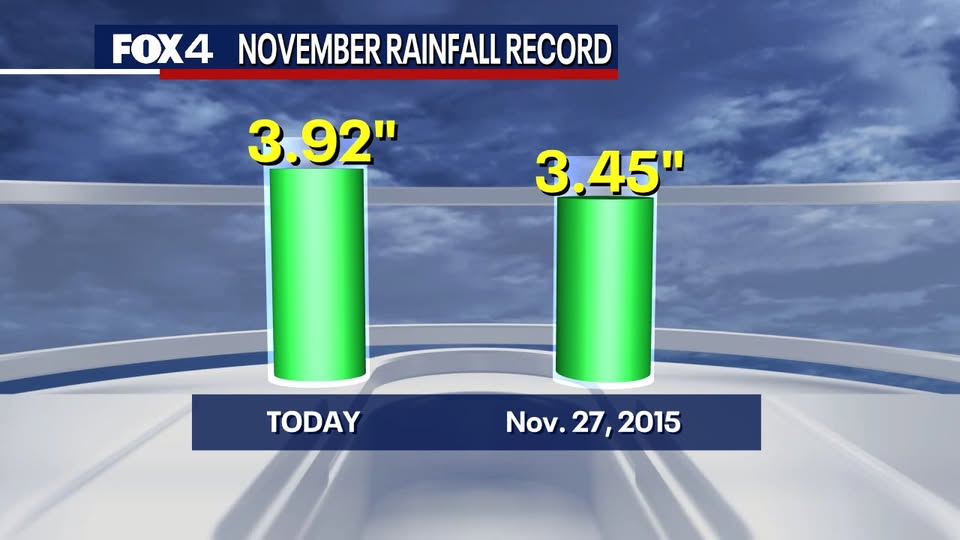UPDATE: Garden enthusiasts are urged to embrace California’s native plants as effective alternatives to popular non-native species. This significant shift in gardening practices, just announced by the UC Cooperative Extension, highlights the urgent need for sustainable gardening that supports local ecosystems.
Native plants not only enhance the beauty of gardens but also provide vital support to local wildlife. With over 8,000 native plant species available in California, homeowners can easily find replacements for iconic garden favorites such as lilacs and irises. This development is crucial as communities seek to promote biodiversity and ecological health.
Among the recommended alternatives, the California wildrose (Rosa californica) offers a charming scent similar to cultivated roses, while the native California lilac (Ceanothus) presents a stunning visual in lieu of traditional lilacs. For vibrant color options, the California poppy (Eschscholzia californica) comes in a variety of hues, including purple, red, and pink, making it a versatile choice for any garden.
In shaded areas, gardeners can turn to the indigenous five-finger fern (Adiantum aleuticum) or the western columbine (Aquilegia formosa) to maintain lush greenery. These plants thrive with minimal water—an essential factor in California’s current climate. Mock orange (Philadelphus lewisii) and the native Douglas iris (Iris douglasiana) are also recommended for their beauty and resilience.
With conservation efforts at the forefront, this shift towards native plants is more than just aesthetic. It is about restoring balance within local ecosystems, which have been challenged by invasive non-native species. Many traditional garden plants, like the forget-me-not (Myosotis latifolia), are known to be invasive in California, making their native alternatives crucial.
Next Steps: Gardeners are encouraged to explore local nurseries for these native options, which require less water and maintenance. This transition not only beautifies home gardens but also plays a vital role in supporting the local environment.
As more residents adopt these practices, communities can expect a positive impact on local wildlife and plant diversity. The UC Cooperative Extension emphasizes that now is the time to make these changes for an eco-friendly gardening future.
For further guidance, you can reach out to the UC Marin Master Gardeners at [email protected]. This initiative is essential for anyone interested in sustainable gardening and ecological preservation. Don’t miss out—transform your garden today!







